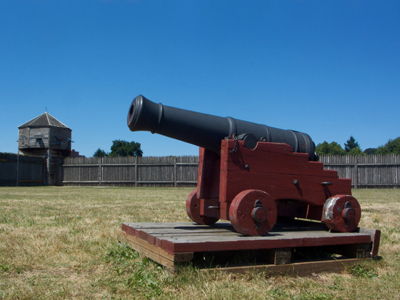
Britain: Warfare Between AD 1350 and 1700
In GCSE History students will be taught about warfare in Britain during different eras. One period they will look at is that of the Renaissance, which saw the development of firearms.
The Renaissance saw many advances in science and technology. It took place between the late 14th century and the end of the 17th. Warfare in Britain changed hugely between these two dates: new firearms emerged to replace bows and arrows, and recruitment methods altered also. The first professional armies appeared, forces that were paid throughout the year.
Play this quiz and see how much you know about warfare and firearms in Renaissance Britain.
Ready for more?
not all...
quizzers. Try to win a coveted spot on our Hall of Fame Page.







